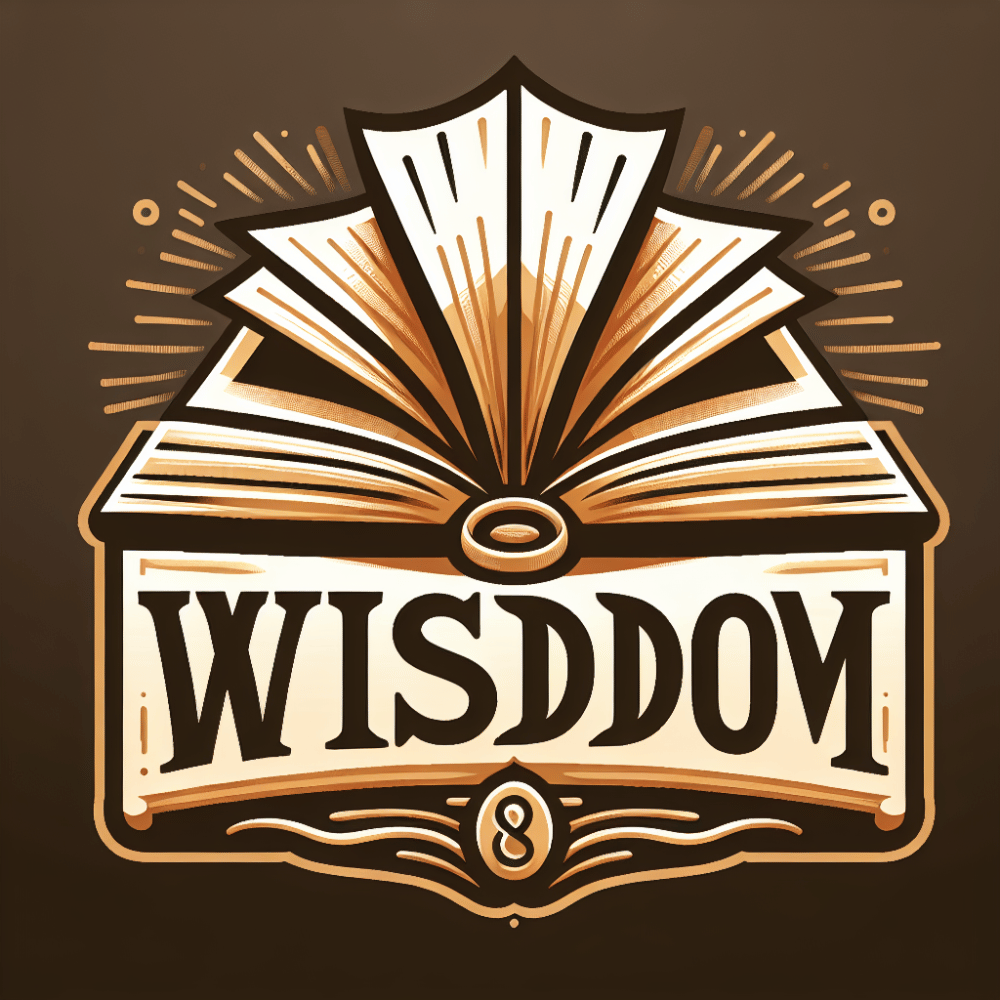
Socratic wisdom, rooted in the teachings of the ancient Greek philosopher Socrates, continues to resonate as a timeless guide to introspection, self-discovery, and living authentically. This article delves into the essence of Socratic philosophy, its relevance in modern life, and how embracing Socratic wisdom can lead individuals on a transformative journey of personal growth and fulfillment.
Understanding Socratic Wisdom
Socratic wisdom, often referred to as the Socratic method, is characterized by a commitment to questioning assumptions, seeking clarity, and pursuing truth through dialogue and self-examination. At the heart of Socratic philosophy lies the belief that true wisdom comes from acknowledging one’s ignorance and engaging in continuous inquiry.
The Socratic Method: Questioning and Inquiry
- Philosophical Dialogue: Socrates engaged in philosophical dialogues with fellow Athenians, challenging conventional beliefs and encouraging critical thinking. His method involved asking probing questions to uncover deeper truths and assumptions.
- Examination of Life: Central to Socratic wisdom is the examination of one’s life and beliefs. Through introspection and questioning, individuals are encouraged to explore their values, motives, and the underlying principles that guide their actions.
Key Principles of Socratic Wisdom
- Know Thyself: The famous dictum “Know thyself” encapsulates Socrates’ emphasis on self-awareness and understanding. By questioning our beliefs and motivations, we gain insight into our true selves and cultivate authenticity.
- Virtue and Ethics: Socrates believed in the pursuit of virtue (arete) and ethical living. He posited that true happiness (eudaimonia) arises from living a morally good and virtuous life, guided by reason and self-reflection.
Applying Socratic Wisdom in Modern Life
- Critical Thinking Skills: Embracing the Socratic method fosters critical thinking skills essential in navigating complex issues, making informed decisions, and evaluating the validity of information in an age of misinformation.
- Personal Growth and Development: Through self-examination and philosophical inquiry, individuals can identify personal strengths, weaknesses, and areas for growth, fostering continuous self-improvement and emotional resilience.
Authenticity and Integrity
- Living Authentically: Socratic wisdom encourages individuals to align their beliefs and actions with their true values and principles, fostering a sense of authenticity and integrity in all aspects of life.
- Ethical Leadership: In professional settings, Socratic principles inspire ethical leadership characterized by transparency, accountability, and a commitment to moral principles that benefit individuals and society.
Cultivating Socratic Wisdom
- Practicing Dialogue and Reflection: Engaging in meaningful dialogue and reflection helps cultivate Socratic wisdom. By questioning assumptions, listening actively, and exploring diverse perspectives, individuals deepen their understanding and empathy.
- Education and Lifelong Learning: Integrating Socratic philosophy into education promotes intellectual curiosity, open-mindedness, and a lifelong pursuit of knowledge, empowering individuals to contribute meaningfully to society.
Embracing the Journey of Self-Discovery
- Self-Reflection Practices: Regular self-reflection, journaling, or meditation allows individuals to introspect and gain clarity on their beliefs, aspirations, and areas of personal growth.
- Community and Collaboration: Participating in philosophical communities, book clubs, or discussion groups provides opportunities for collective inquiry, shared learning, and mutual support in applying Socratic wisdom.
Conclusion
In conclusion, embracing Socratic wisdom offers a transformative path to self-discovery, authenticity, and ethical living in the modern world. By cultivating critical thinking, questioning assumptions, and striving for moral integrity, individuals can navigate life’s complexities with clarity and purpose.

